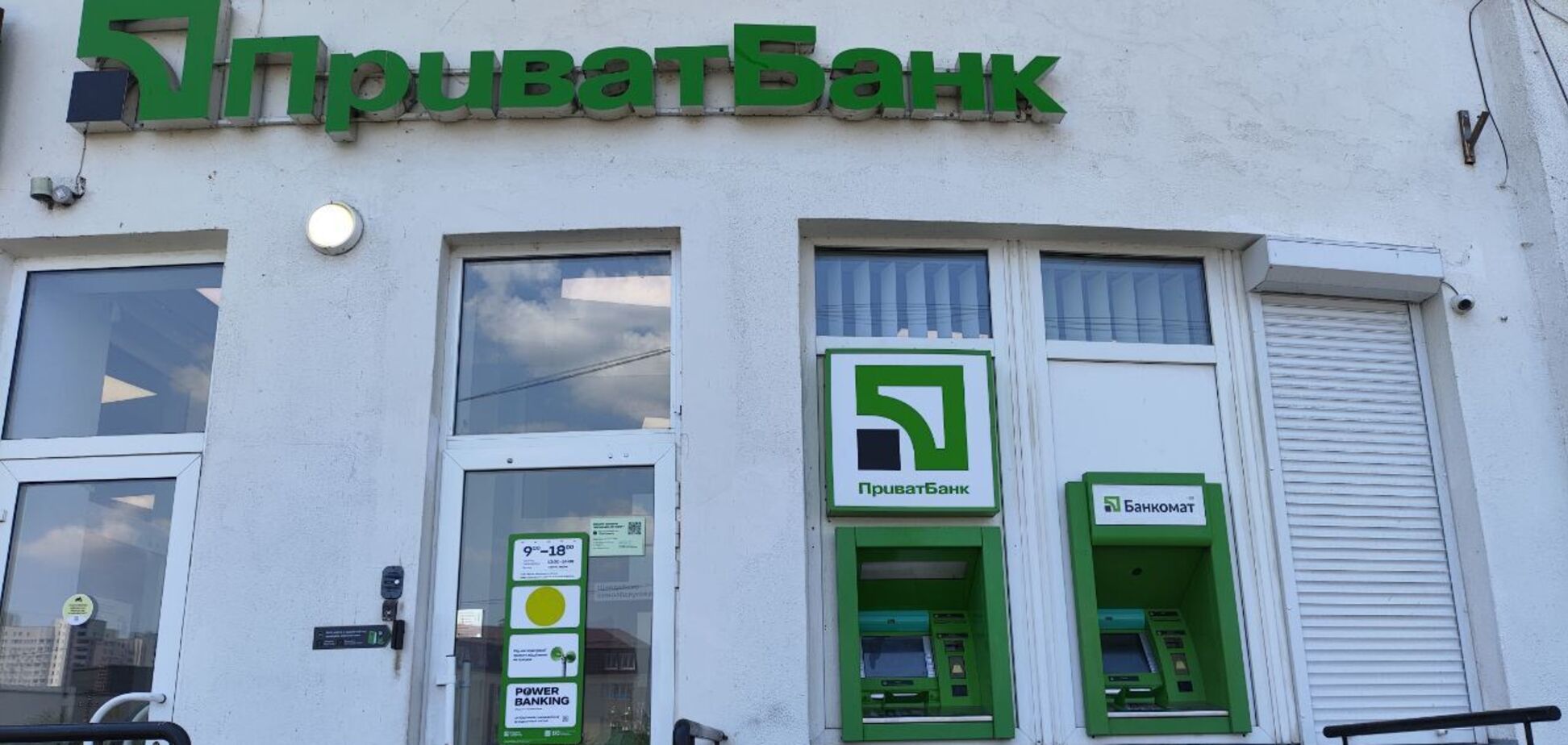Acquiring market under the magnifying glass: The AMCU has made a decision in the case of PrivatBank
22 October 20:20
The Antimonopoly Committee of Ukraine (AMCU) has recognized PrivatBank’s dominance in merchant acquiring. During this period, the bank’s share consistently exceeded the AMC’s threshold criterion of 35%, which is used to presume dominance. The relevant decision in the case was published the decision on the case on October 22, reports "Komersant Ukrainian".
The Committee relied on NBU statistics on the number of POS terminals by bank. According to the AMCU, PrivatBank’s market share by number of devices was stable and did not undergo significant changes in 2018-2024. In 2018, the bank had 62.2% of the market (about 170.6 thousand terminals), in 2024 – 63.6% (about 316.1 thousand devices). For comparison, Oschadbank had 16.1-19.7% during this period, and Raiffeisen Bank had 6.6-9.2%.
At the same time, the total number of acquiring providers ranged from 21 to 26 banks depending on the year. Among the players with significant (5% or more) shares are Oschadbank and Raiffeisen Bank. And in the category of smaller but active providers, the AMCU notes MTB Bank and Ukrgasbank (used more than 1000 terminals).
Acquiring is the acceptance of card payments at points of sale through a network of POS terminals and settlements with merchants. The mere fact of dominance is not a violation in itself; antitrust sanctions are imposed for abuse of market power. It is this distinction that is important to consider when assessing the implications of the decision.
The AMCU’s decision is explicit about this:
“The analysis of the merchant acquiring services market from 2018-2024 shows that PrivatBank was not subject to significant competition.
At the same time, the Committee did not prove that the bank had violated the law and abused its monopoly position. In other words, the Committee noted the dominance of the financial institution in the relevant market, but did not establish any abuses and closed the case.
The AMCU’s materials also emphasize the bank’s approach to tariff setting – setting a single fee for services without regard to the type of payment transaction. Such practices are often the subject of disputes in acquiring, as they can affect the structure of incentives in the market. However, in this case, the Committee did not confirm that such practices restricted competition or the interests of other participants and did not qualify them as abusive.
Market Agenda: Trader Complaints and the Role of Interchange
It is worth noting that the AMCU’s investigation of PrivatBank was initiated, in particular, by Metro Cash & Carry Ukraine LLC and the Employers’ Organization of Smelyansky District of Cherkasy Region (2019-2020).
The complaints referred to high acquiring fees, as well as interchange fees set by the international payment systems Visa and Mastercard.
Interchange is a key component of the overall merchant discount rate, and its level directly affects the cost of cashless payment acceptance for merchants.
Nevertheless, the AMCU did not find any violations in PrivatBank’s actions sufficient to bring it to justice.
The AMCU confirmed PrivatBank’s leadership in the POS network: what are the practical implications for the market?
In the short term, the decision fixes the status quo: PrivatBank is the dominant player in terms of POS terminals, but the regulator did not find any abuses. For merchants, this means that the requirements for transparency and reasonableness of tariffs remain in the focus of discussion, but there was no regulatory compulsion to change tariff policy as a result of this case.
For competing banks, the decision highlights the existence of high barriers to network scaling (capital intensity, IT integration, service), but leaves room for development through niche offers, dynamic pricing, special conditions for segments (retail, catering, e-commerce) and service improvements.
Read also: National Bank fines PrivatBank for UAH 10 million: what is the reason?
Previous AMCU investigations in the merchant acquiring market
In 2020, the Committee opened similar proceedings against Oschadbank. In December 2024, the AMCU issued a conclusion: for the period from January 2018 to November 2023, Oschadbank did not have a monopoly position; its share ranged from 16-19%.
This background is important for understanding the regulator’s approach: dominance is determined based on a consistently high market share and additional analysis of competitive pressures, entry barriers, and countervailing forces from customers (merchants and payment systems). In fact, in the case of PrivatBank, the share criterion is significantly exceeded, competitive pressure is recognized as limited, but no signs of abuse are found.
Watch us on YouTube: important topics – without censorship
PrivatBank case: what is left “behind the scenes” of the decision
The Committee closed the case without detailing any additional consequences for the state-owned bank. This means that at the time of publication of the decision, the AMCU had not imposed any sanctions or mandatory orders on the financial institution. However, the recognition of dominance usually increases regulatory attention to pricing practices, contractual terms, and access to infrastructure. This is a signal to the market to more carefully document the economic basis for tariffs and ensure non-discriminatory commercial terms.
The outcome of this case is simple: PrivatBank’s dominance status has been legally confirmed, no abuse has been found, the market remains concentrated and competitive, and the discussion on the fairness of tariffs and interconnection is open.
Read us on Telegram: important topics – without censorship









